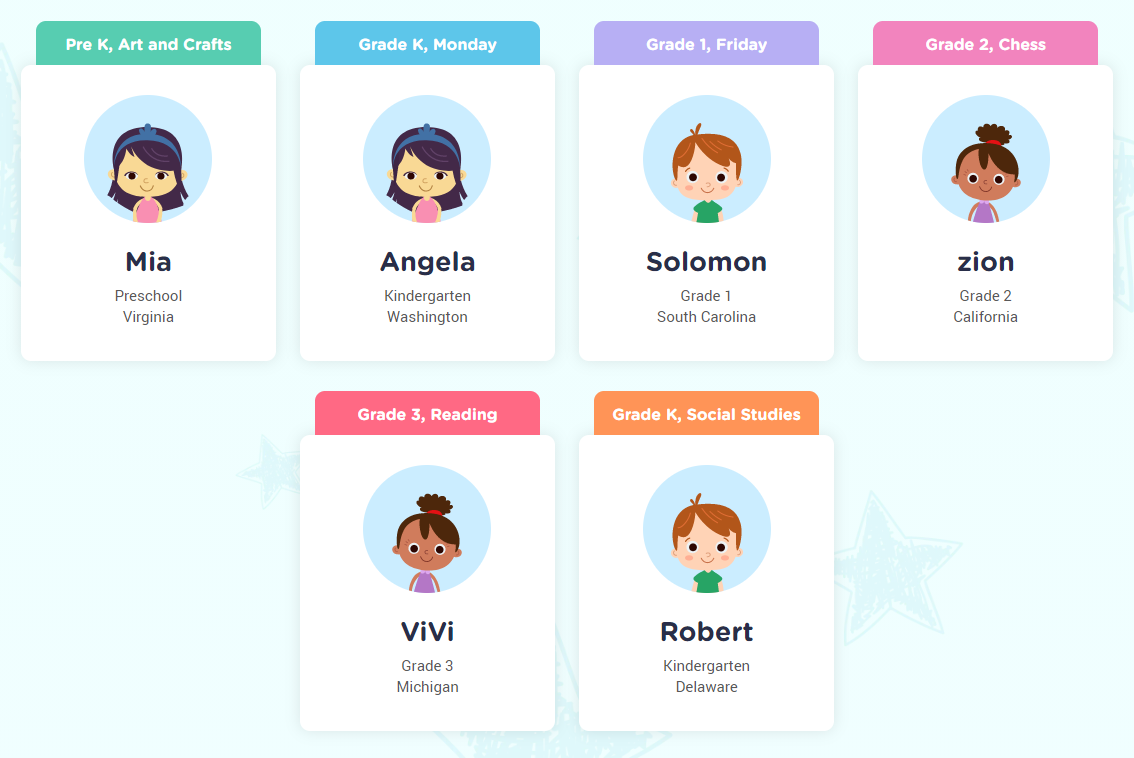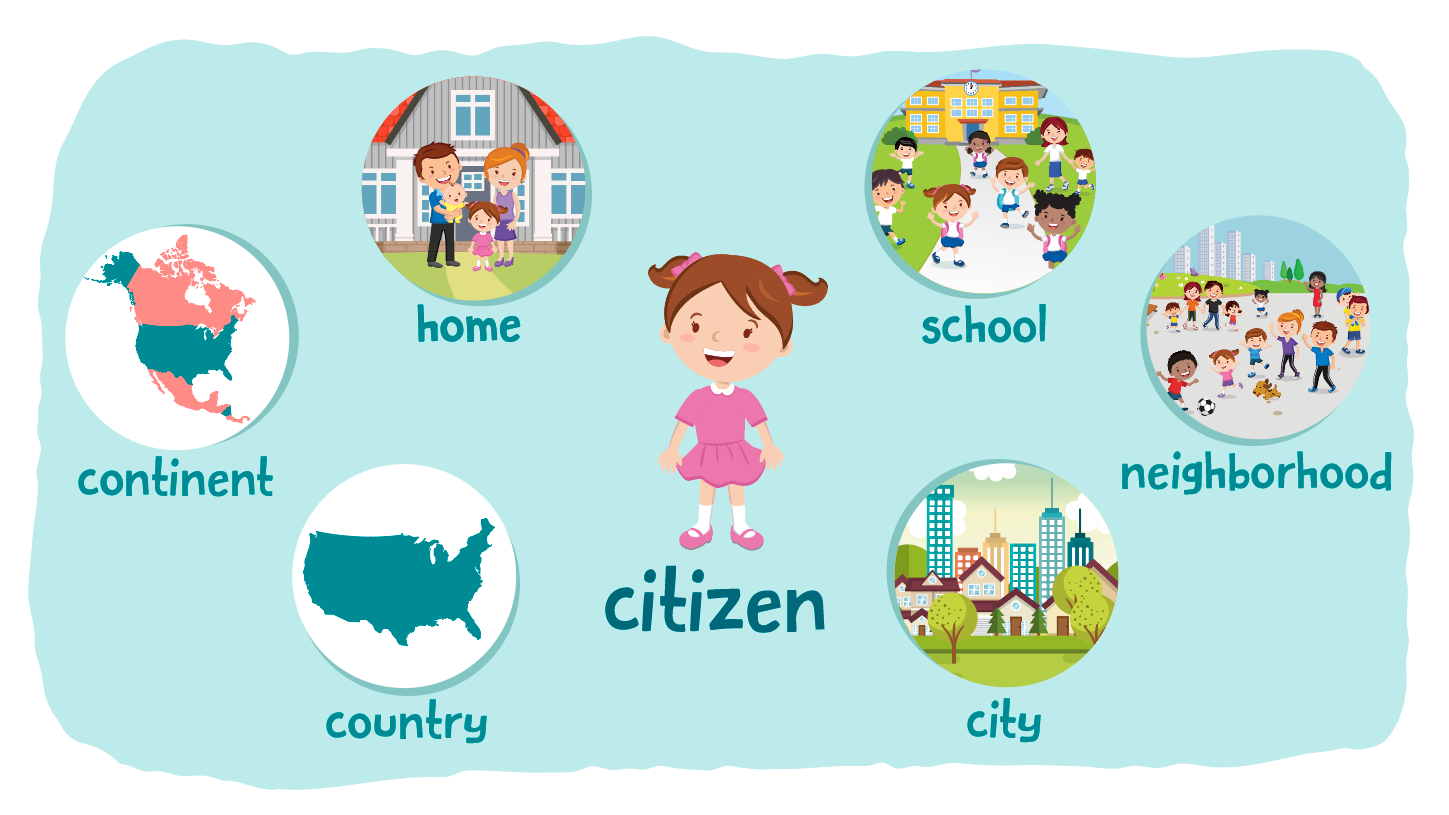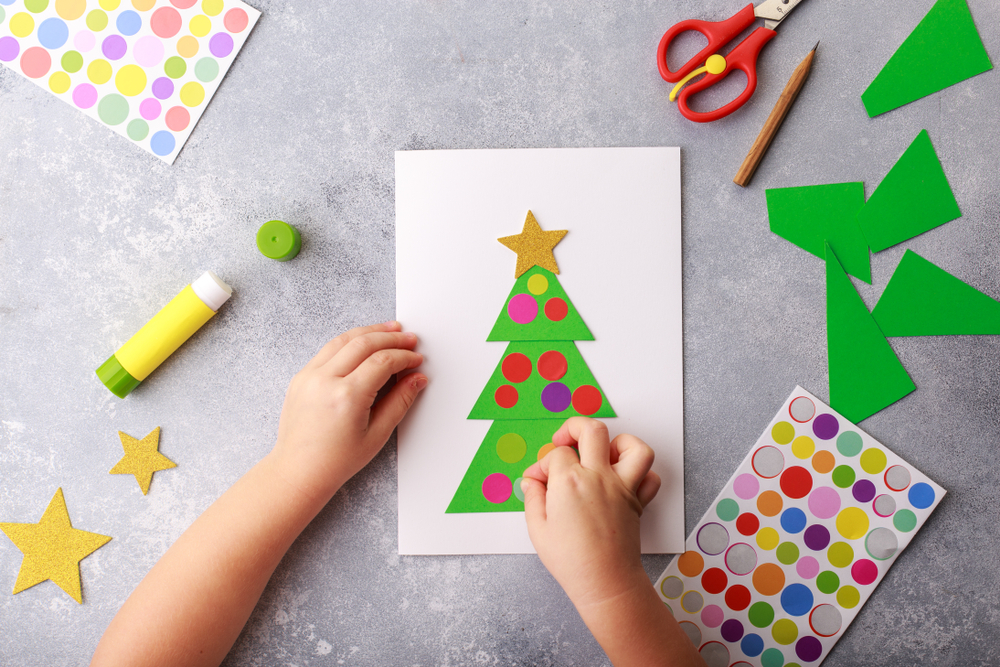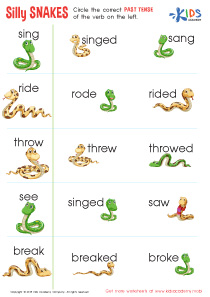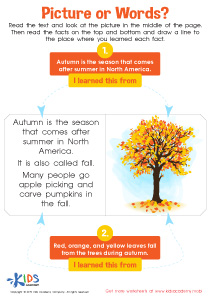Logical thinking Extra Challenge Grade 1 Worksheets
6 filtered results
-
From - To
Elevate your first grader’s problem-solving abilities with our "Logical Thinking Extra Challenge Grade 1 Worksheets." These printable activities are designed to boost young learners' critical and logical thinking skills through engaging exercises that involve math, patterns, and puzzles. Ideal for advanced students seeking additional challenges, each worksheet is curated to enhance cognitive development, foster a love for learning, and sharpen reasoning abilities. Explore our comprehensively crafted worksheets to provide your child with the tools they need to think logically and excel academically while having fun. Encourage their growth and watch them solve complex problems with confidence!
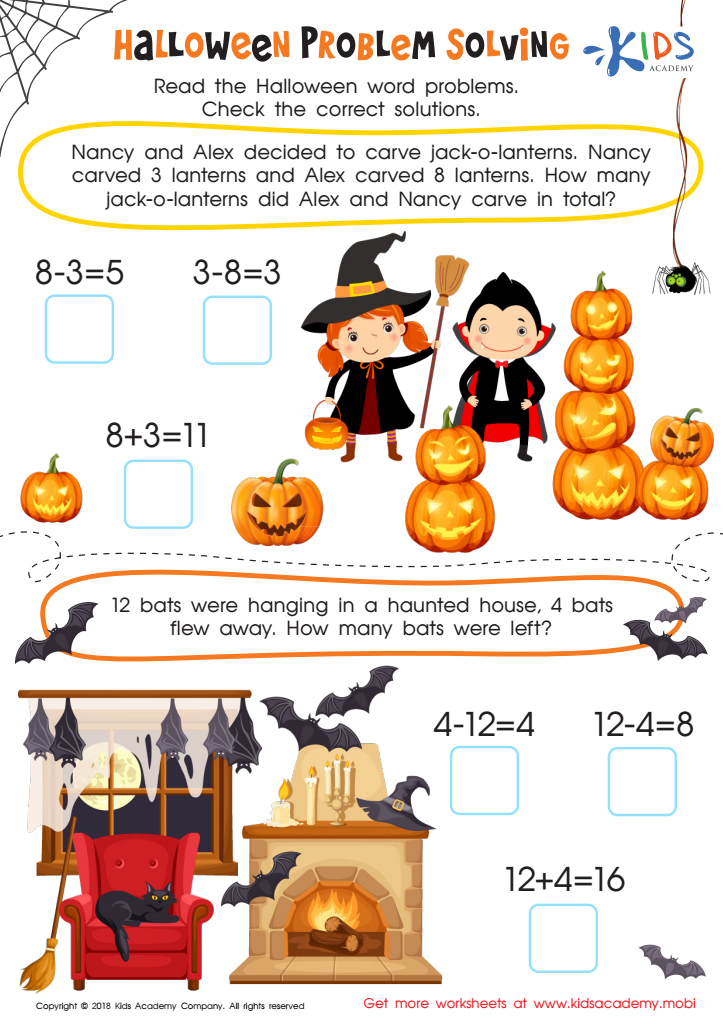

Halloween Problem Solving Worksheet
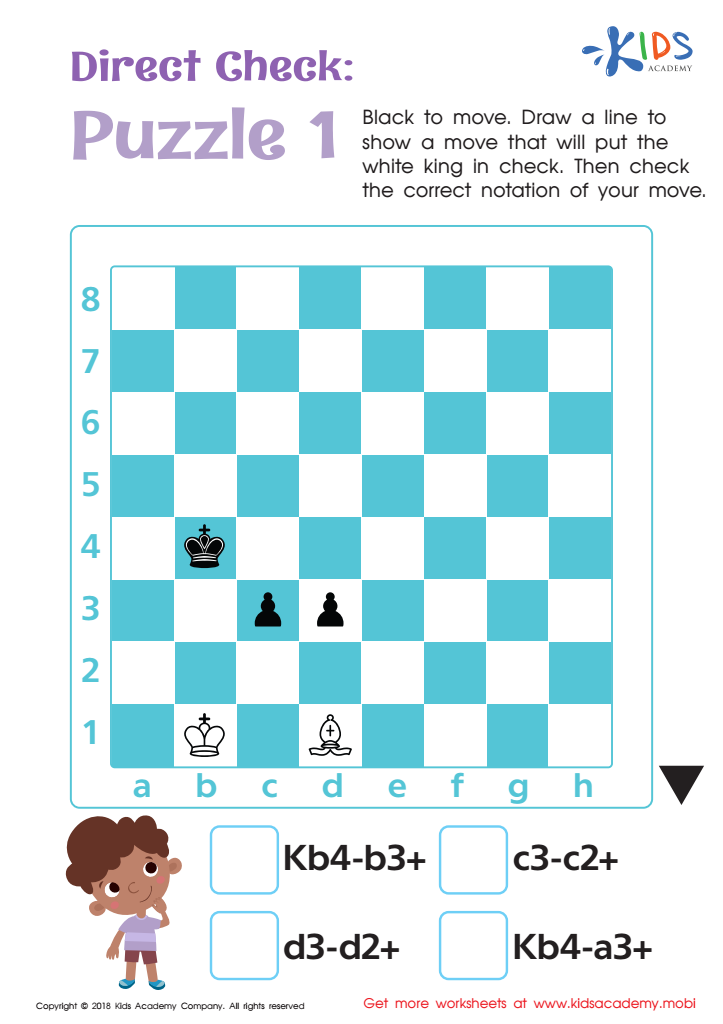

Direct Check: Puzzle 1 Worksheet
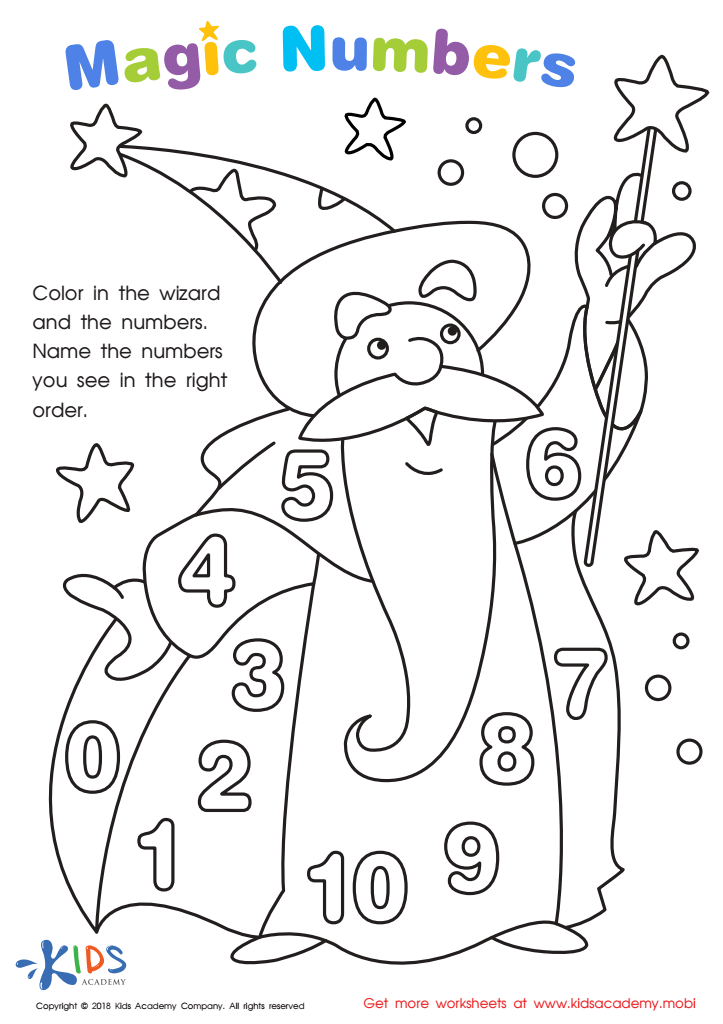

Magic Numbers Worksheet
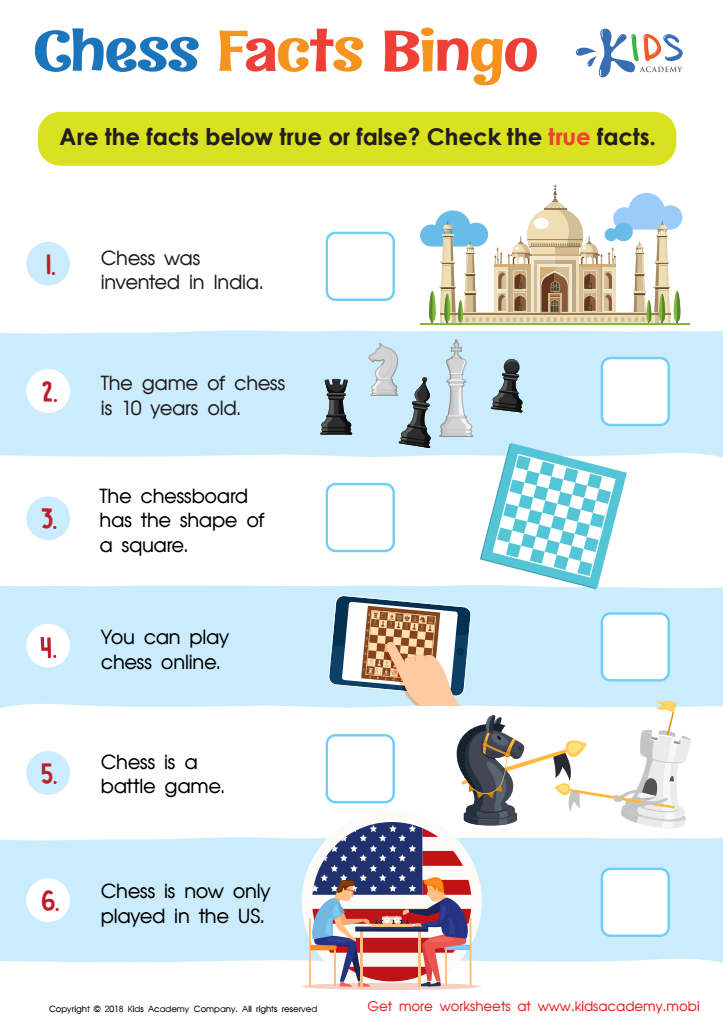

Chess Facts Bingo Worksheet
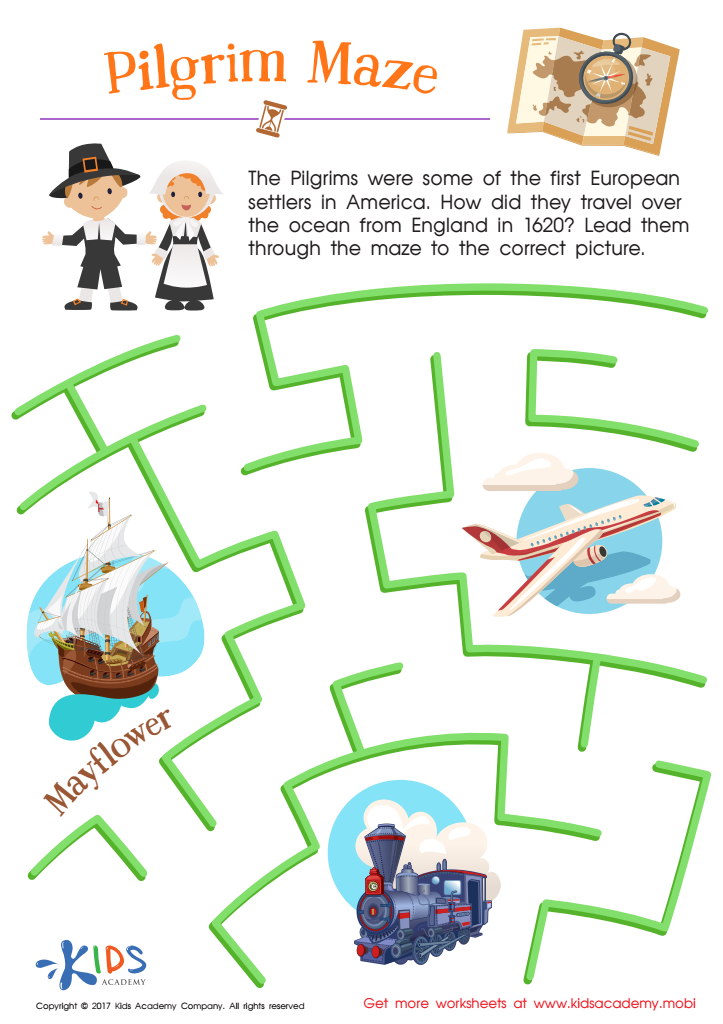

Pilgrim Maze Worksheet
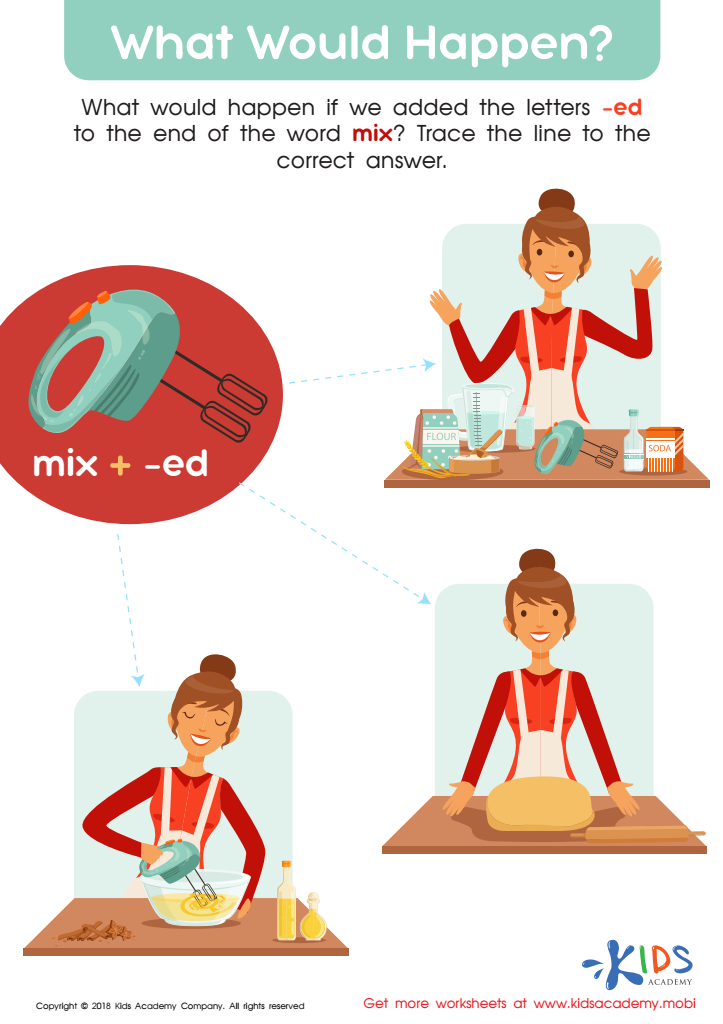

What Would Happen? Worksheet
Teachers and parents should care about providing Extra Logical Thinking Challenges for first graders because this foundational skill is crucial for their overall cognitive development. Logical thinking allows children to process information clearly, understand relationships between concepts, solve problems efficiently, and make reasoned decisions. At the age of six or seven, children’s brains are especially adaptable, making it an ideal time to introduce them to critical thinking exercises.
Engaging first graders in logical thinking challenges helps them develop important skills like pattern recognition, sequencing, and problem-solving, which are essential not only in mathematics but across all subject areas. These activities encourage children to ask questions, form hypotheses, and think creatively, fostering a love for learning and intellectual curiosity. By tackling these challenges, students also learn perseverance and the ability to handle complex tasks step-by-step without getting frustrated.
Furthermore, developing logical thinking at an early age lays a strong foundation for future academic success and everyday life. It equips children with the tools needed to approach school work strategically and understand the logical structure of subjects like mathematics and science. Ultimately, nurturing these skills from an early age helps shape well-rounded, independent thinkers capable of navigating the increasingly complex world around them.
 Assign to My Students
Assign to My Students





